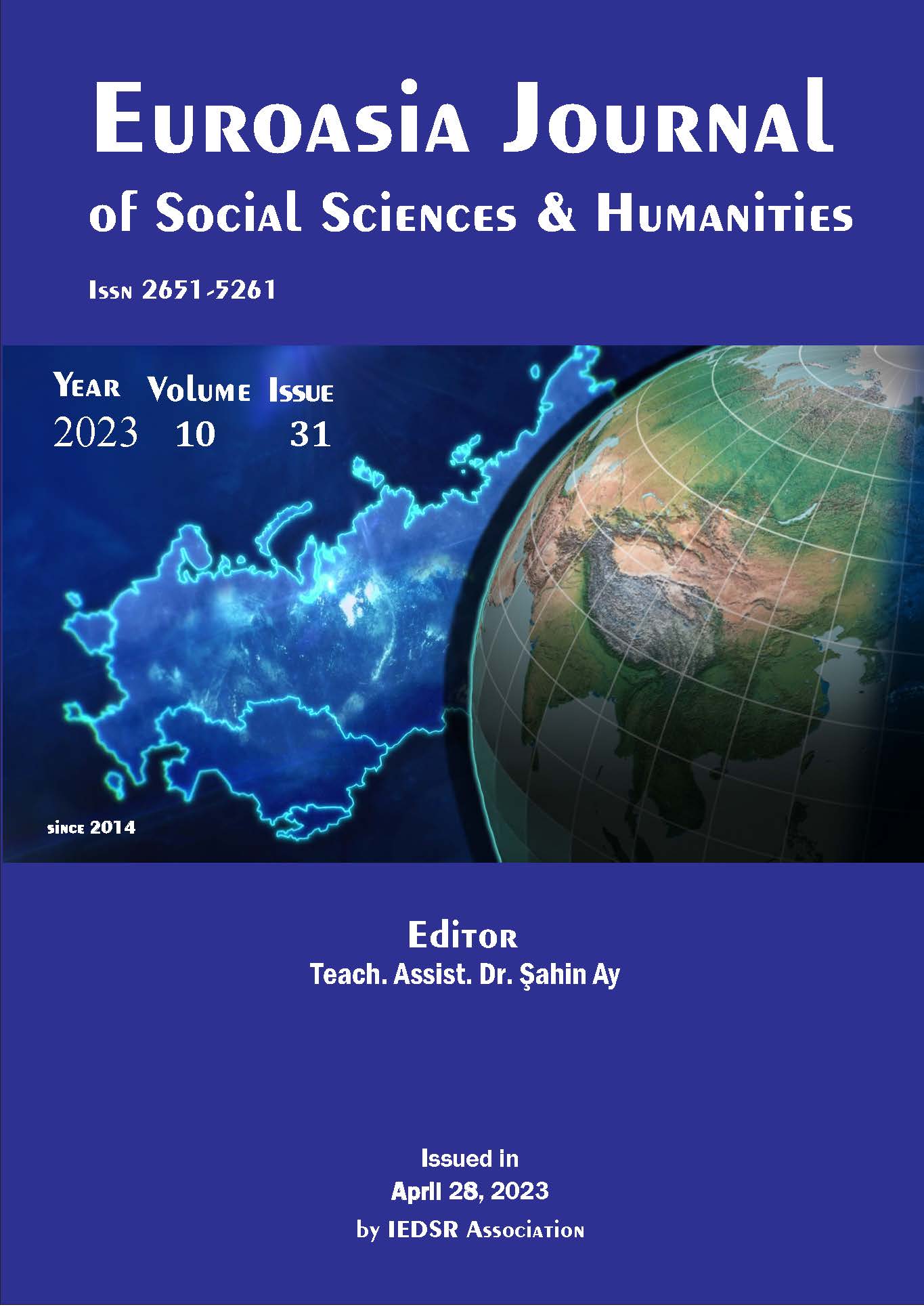Myth of Sagittarius Constellation
DOI:
https://doi.org/10.5281/zenodo.7942087Keywords:
Sagittarius, Cheiron, Centaur, Half- horse menAbstract
The celestial sphere is divided into 88 areas known as constellations. Besides when we mention constellation, we consider star clusters. Ancient astronomers compared the shapes of the constellations to the mythological heroes and animals. Greek and Roman astronomers were also inspired by myth while naming the constellations.
One of these constellations is Sagittarius (Cheiron) and it is among the 12 constellations of the Zodiac. He was the wisest of the whole centaurs (half- horse men). He lived on mount Pelion. As he was instructed by Apollo and Artemis he was skilled in hunting, medicine, music, war and prophecy. His friendship with Peleus, the king of Phthia was well known. Cheiron saved him from the hands of other centaurs and informed him how he might gain possesion of Thetis who was destined to marry a mortal. Cheiron also had many friends among the Argonauts. Hercules was his friend too. On the other after he was accidently wounded by one of Hercules’ poisoned arrows, he suffered an unbearable pain and gave his immortality to Prometheus. Then Zeus placed Cheiron among the stars.
Our aim in this study is to examine the myth of Cheiron known as the Sagittarius Constellation as was represented by many Ancient Greek and Roman poets and authors.
Downloads
References
Apollodoros. (2017). Bibliotheka (çev. Nur Nirven). İstanbul: Pinhan Yayıncılık.
Apollonios. (2018). Argonautika (çev. Ari Çokona). İstanbul: Türkiye İş Bankası Kültür Yayınları.
Hesiodos. (2010). Tanrıların Doğuşu- İşler ve Günler (çev. Furkan Akderin). İstanbul: Sosyal Yayınlar.
Homeros. (2007). İlyada (çev. Azra Erhat, A. Kadir). İstanbul: Can Yayınları.
Ovidius. (2019). Dönüşümler I- XV (çev. Asuman Coşkun Abuagla). İstanbul: Yapı Kredi Yayınları.
Pindaros. (2015). Bütün Zafer Şarkıları (çev. Erman Gören). İstanbul: Yapı Kredi Yayınları.
Platon. (1995). Devlet (çev. Sabahattin Ali, M. Ali Cimcoz). İstanbul: Remzi Kitabevi.
Platon (2000). Küçük Hippias (çev. Furkan Akderin). İstanbul: Sosyal Yayınlar.
Seneca (2009). Troialı Kadınlar (çev. Çiğdem Dürüşken). İstanbul: Türkiye İş Bankası Kültür Yayınları.
Downloads
Published
How to Cite
Issue
Section
License
Copyright (c) 2023 EUROASIA JOURNAL OF SOCIAL SCIENCES & HUMANITIES

This work is licensed under a Creative Commons Attribution-NonCommercial 4.0 International License.

